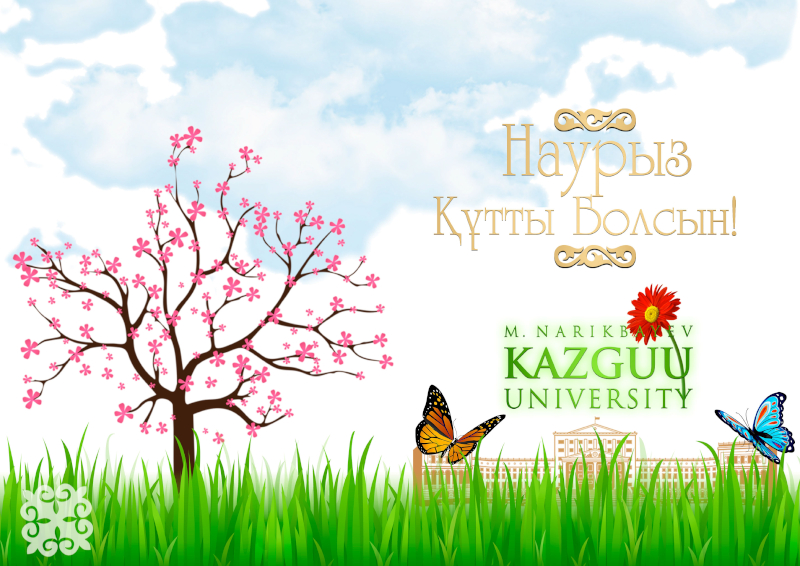As we know the Nauryz word is Persian as Nau – new and ryz – day and translated as a New Day. Due to the fact that word’s roots are Persian people think that the holiday is also Persian. However there is an evidence that Nauryz has Turkic roots.
Prof. Dr. Meting Ekici, Deputy Ambassador of Turkey to UNESCO, is proving that Turkic people have celebrated Nauryz from very long time and called it the New Day. Due to the great migration of the Turkic people from Central Asia to the south-west, Nauryz has been spread among Persians under the New Day name. According to Professor a direct translation of the “Nauryz” word is a well-grounded phenomenon since wthe Persian was used by the Turkic people as a literary language.
Indeed, the spread of Nauryz among the Turks is quite logical. First of all, compared to sedentary Persians the Turks knew well the equinox time. Also, the nomadic Turkic people engaged in animal husbandry knew laws of nature much better and therefore always waited for this day in a special way because they believed that new year starts from Nauryz
Secondly, in Kazakh chronology Nauryz called as the Start of a year (Zhyl basy) and it also proves that Nauryz spread out from Turkic people.
Thirdly, another sign that Nauryz has been celebrated by Kazakhs throughout history is that the Holiday in Kazakh is called as “Ylystyn Uly Kuni”, i.e. “Great Ulus Day”. When almost all Turkic people used the Nauryz Persian word, Kazakh people called it “Great Day of Ulus”.
Fourthly, coincidence of the “Korіsu” holiday, which has been preserved in the western regions of the Country and Nauryz, also proves its wide distribution and ancestral roots.
What is the meaning of the “Ulystyn uly kuni” (“Great Day of Ulus”) phrase? What is the basis of it? At the very beginning, it should be noted that it is the Kazakh meaning of the Nauryz word. The “Ulys” word is rarely used in Kazakh. Therefore, the meaning of this word is understood by no means all. In fact, the “Ulys” (ulus) word is equivalent to the “Halyq” (people) word. Due to the fact that Arabic word “Halyq” (people) has gradually become more common in everyday life, the Persian word “Ulys” eventually went out of words turn. At present, it is still used in the “Ulystyn Uly kuni” phrase.
If we take into account the phenomenon of replacing “s / sh” sounds in the Turkic language with the sound “t” (oshaq = otau, shoshala = toshala, sayaz = tayaz, syqyrlau = tyqyrlau, qilshyq = qyltyq, etc.), then we can prove that and the word “ult” (nation) also comes from the word “ulys”. The ancient Turkic form “ulysh” in the Kazakh language changes first as ulys, then in Kyrgyz as “Ulyt” (ulut), and then supposedly transformed into the form “ult”. The ancient form of “Ulysh” was also in Mongolian. At the time of Genghis Khan, returning from Mongolian, it came in the form of “Ulys” word as a meaning of “state, khanate” words: Chagatai ulus, Juchi ulus, etc. The most interesting thing is that it was included in Russian, and then returned to Kazakhs as a “volost” (region) word. Later on it just transformed to a “bolys” word but the meaning remains the same. Therefore Kazakh has such one rooted words as Ulys, Ult, Bolys but meanings are different.
Recently the work Ult is being actively used while the Ulys form remains only in “Ulystyn Uly Kuni” phrase. In the “Ulys on bolsyn, ak mol bolsyn” (Let the Nation be great and wealthy) Nauryz wish is a wish of well-being to all the people
Thus Nauryz celebrates during the Nauryz month (March) and we’d like it be officially named as “Ulystyn uly mini” (The Great day of Ulus)
Marlen Adilov,
PhD Doctor







